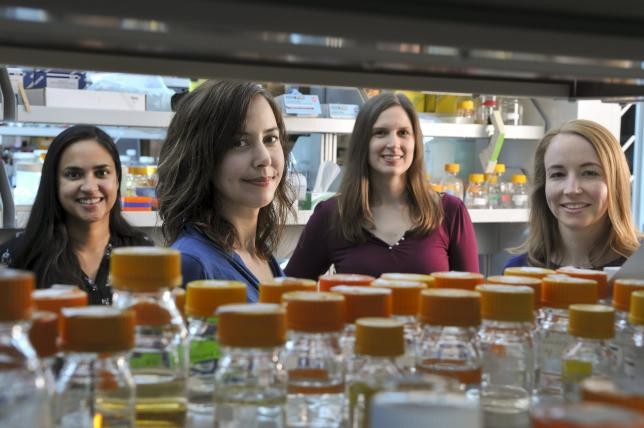Researchers have used genetically modified (GM) yeast to create painkiller medicine and substance abuse medications. The bioengineering breakthrough creates a faster and cheaper method of manufacturing several types of plant-based drugs.
Stanford University conducted the study, which was recently published in the journal Science. For over a decade the research team has been figuring out a way to convert yeast into opioids, according to Wired.
Humans have used yeast for thousands of years for making various beverages and foods. They include beer, wine, and bread.
Scientists have altered the molecular structure of baker's yeast so the fungus' cells can transform sugar into hydrocodones (opioid pain-relievers). It takes only 3 to 5 days.
Opioids are members of a group of pain-killing drugs that also include morphine. They are made from the opium poppy plant.
Senior author Christina Smolke is an associate professor of bio-engineering. She said that the new techniques can make plant-based compounds to battle arthritis, high blood pressure, and types of cancers.
One batch of opium-based medicines can take a year to produce. The plants are shipped to pharmaceutical factories where their drug molecules are infused into drugs.
To make one pain-reliever dosage, 4,400 gallons (16.6 kl) of genetically-engineered yeast would be required, according to Times of India. However, the study proved that such yeast can be used to produce plant-based medications.
One concern of the researchers is that the opioid painkillers are not abused. They noted that the production of bio-engineered drugs must be done in a responsible manner.
The latest study follows recent developments from UC Berkley and The University of York. Yeast could be the missing puzzle piece. It is easier to change its genetic makeup, and produces less addictive opiate drugs than those made from poppies.



























